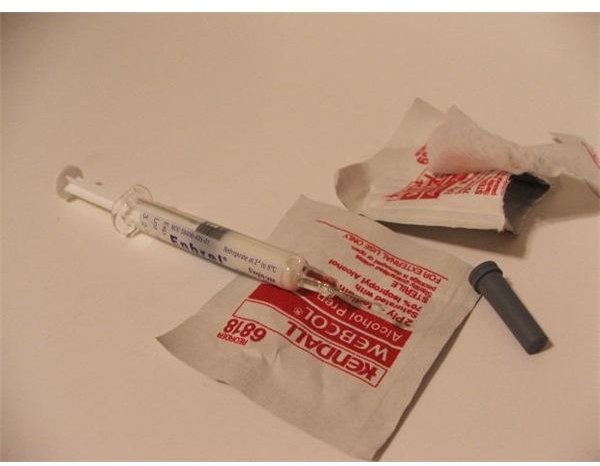What is Diabulimia and How Do I Treat it?
What Is Diabulimia?
Diabulimia refers to a type of eating disorder that is practiced by individuals with Type 1 diabetes. Patients with diabulimia deliberately
reduce the amounts of insulin that they require to control their disease for the sole purpose of losing weight. When individuals with Type 1 diabetes fail to administer the proper amounts of insulin, the body begins to fall into starvation mode. When this occurs, muscle and fat begin to breakdown into keotone bodies and ketoacids, causing the body to fail to process sugars. When insulin is not administered over a prolonged period, severe complications can occur.
Causes of Diabulimia
Patients with Type 1 diabetes are almost three times more likely to develop an eating disorder. Although there is no direct cause for diabulimia, there are factors that come into play that affect the specific individual and the way they deal with their disease. Patients with Type 1 diabetes create a mindset that focuses on food. This is because diabetes patients must follow a strict dietary restriction. Many must count carbohydrates and pay attention to which foods they consume and their body weight.
Many patients with Type 1 diabetes will try to avoid taking insulin at all costs. Mealtimes begin to be a time of distress, finger pokes and painful injections. Finding a degree of personal independence that has been swiped by the disease is another common cause of diabulimia. The patient may try to regain control by practicing diabulimia. Having Type 1 diabetes at a young age can also be stressful. Without the proper coping skills, the patient may turn to an eating disorder in order to deal with the disease.
Symptoms of Diabulimia
Short Term Symptoms of Diabulimia Include:
- Frequent urination
- Frequent thirst
- Weakness
- High blood sugar levels
- Low sodium levels
- Excessive appetite
- Fatigue
- Inability to concentrate
- Severe ketonuria
- Electrolyte disturbance
- Excessive glucose in the urine
Medium Term Symptoms of Diabulimia Include:
- GERD
- Proteinuria
- High cholesterol
- Indigestion
- Muscle atrophy
- Edema with fluid replacement
- Severe weight loss
Long Term Symptoms of Diabulimia Include:
- Blindness
- Heart problems
- High cholesterol
- Kidney damage
- Extreme fatigue
- Osteoporosis
- Edema
- Severe neuropathy
Treatments for Diabulimia
For cases of severe diabulimia, hospitalization may be required in order to achieve metabolic control. If complications arise, inpatient treatment will be recommended by a health professional. If hospitalization is not yet required, individuals with diabulimia should seek the help of a team of experts in this field. This should include an endocrinologist, a psychotherapist and a registered dietician.
Dealing with Diabulimia
Diabulimia is not yet recognized as a true medical condition and is extremely hard to diagnose. Teenagers with Type 1 diabetes are most commonly associated with the condition, according to the American Diabetes Association. Team treatment and therapy is typically the best route for patients with diabulimia. The proper diagnosis and treatment is crucial for a healthy recovery.
Resources
Text Sources:
Image Source:
